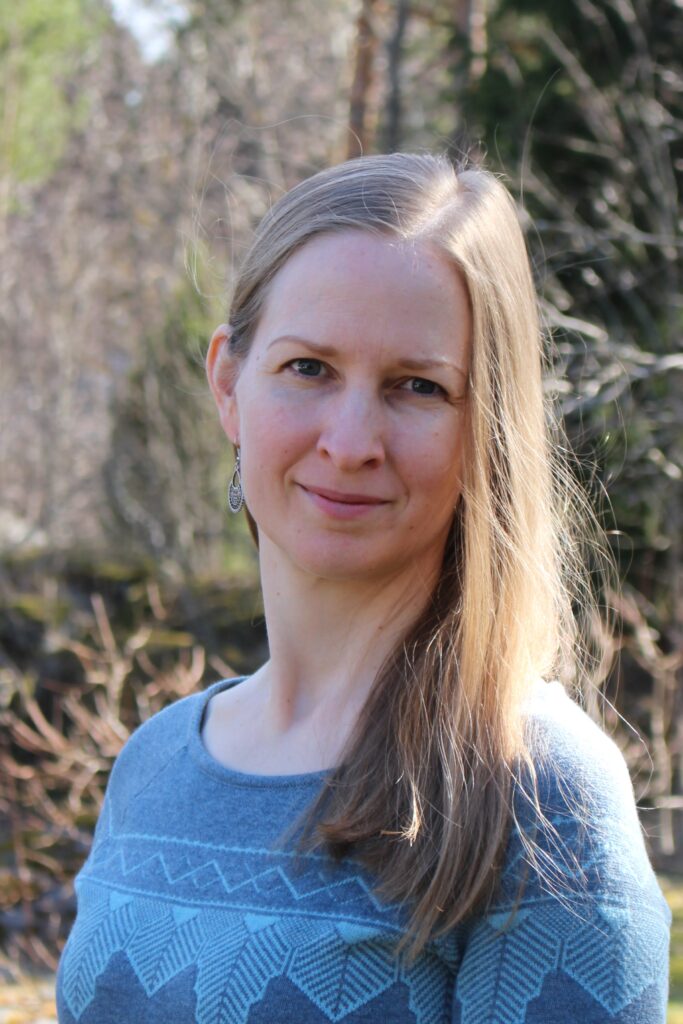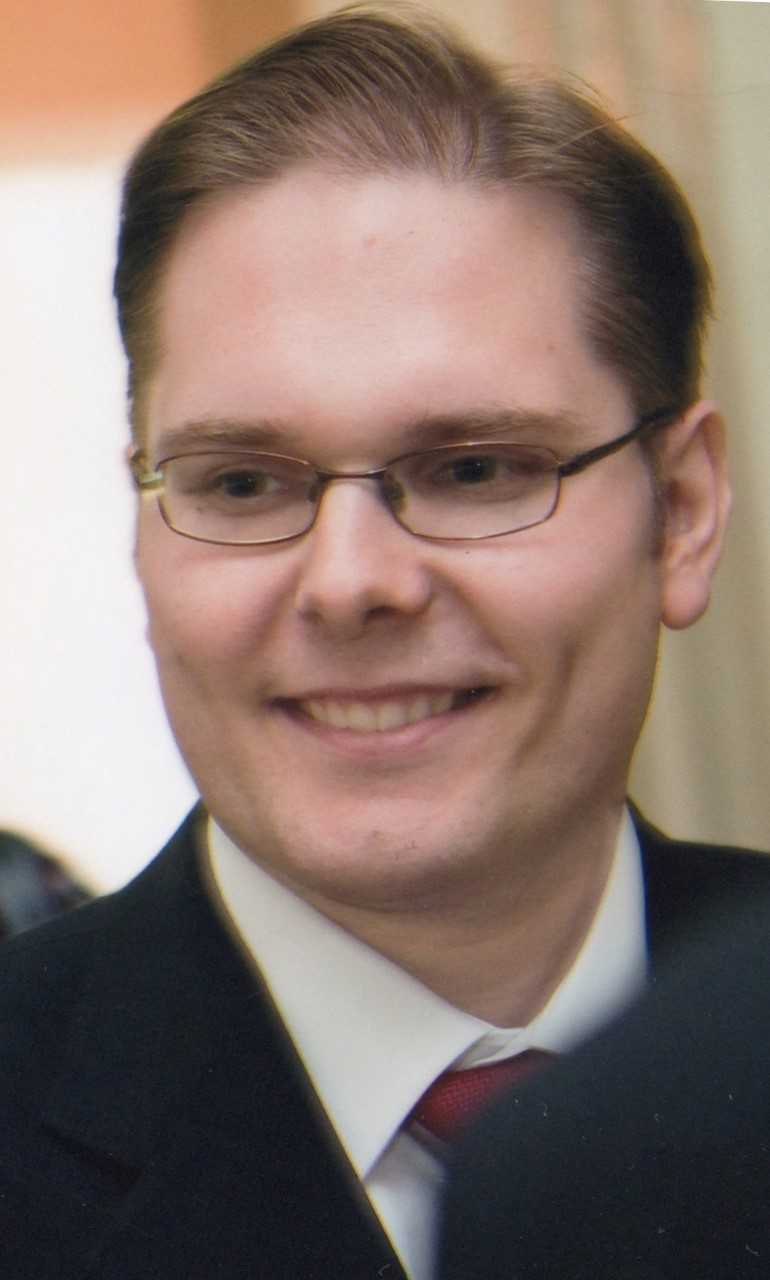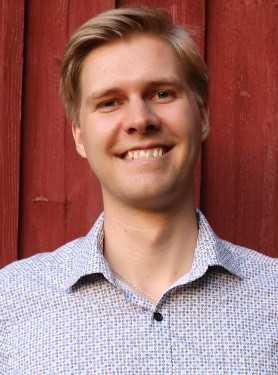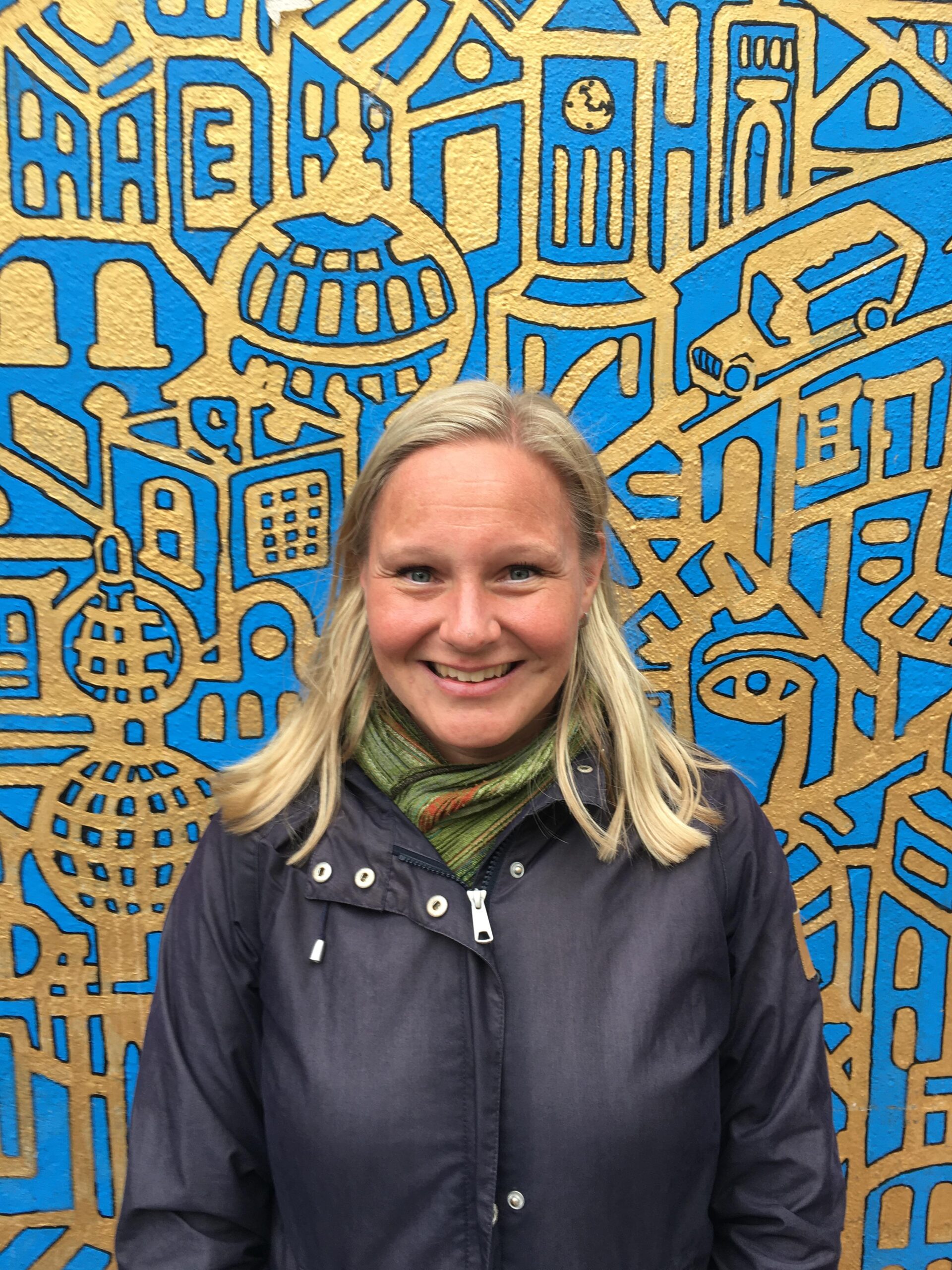Scholarship holders 2025

MA Julia von Boguslawski, Study of religions, University of Helsinki (6 months)
Julia von Boguslawski is a historian and religious studies scholar whose dissertation focuses on how the theosophical and the anthroposophical movements were established as new religious movements in Finland between 1880 and 1930. She analyses how theosophical and anthroposophical ideas reached Finland, how the movements were organized here, who was involved in them, and in relation to which other movements and ideas theosophy and anthroposophy were defined by the followers. From a theoretical perspective, von Boguslawski studies theosophy and anthroposophy as social movements and examines how they organized themselves, mobilized resources and members, gained visibility, and adapted to local conditions. The dissertation shows how, for example, the language struggle, nationalism, and Lutheran Christianity that permeated society influenced the shaping of the movements in Finland. In addition, von Boguslawski discusses the movements as expressions of modern religiosity. The turn of the century was a period of religious search when religion and modernity were actively discussed in society. The thesis examines how theosophists and anthroposophists positioned themselves in the worldview debate: by both challenging the legitimacy of established religious authorities and at the same time emphasizing spirituality as a necessity for a modern worldview. By highlighting the new ways of understanding and practicing religion introduced by the theosophical and anthroposophical movements, she hopes the dissertation will increase our knowledge of the movements’ significance for the religious field.

MA Boris Brander, Study of Religion, University of Turku (12 months)
Boris Brander is a PhD student at the Department of Study of Religion at the University of Turku. His dissertation explores the esoteric worldview and magical practices of the so-called Tattarisuo coven and the agency of its members, which were both constrained and enabled by class and gender. The Tattarisuo coven was a group of folk magic practitioners from working-class backgrounds who used body parts in their magical rituals and were convicted of grave robbery in Helsinki in 1932. Using a microhistorical approach, Brander sheds light on new historical interfaces and theories around the Tattarisuo case. He examines the concept of vernacular ritual magic, as well as the political and social influences behind the coven’s magical activities. He asks how the development of its members’ esoteric worldview and rituals was influenced by their working-class background, the living conditions of the poor working-class population of Helsinki, and the political climate of the time. The research focuses on the hybrid interplay between vernacular and ritual magic, and on the relationship between magical practices and social status. The dissertation examines the overlooked interwar period and brings new perspectives to existing research on early 20th century magical practices, which lie at the interface between the study of religion, folklore, and history.

MA Jannica Grönroos, Comparative Religion, Åbo Akademi University (12 months)
Jannica Grönroos is a doctoral student in the Study of Religions at Åbo Akademi University, working on her PhD-thesis “Contemporary Witchcraft: A Spiritual, Ecofeminist Awakening?”, an ethnographic interview study of contemporary witches in Finland from an ecofeminist, intersectional viewpoint. The purpose of the study is to examine whether there are ecological, feminist and/or eco-religious messages conveyed by contemporary Finnish witches in a context where the climate crisis and fourth-wave feminism are prevalent. The backdrop of the study is the spiritual, feminist, and ecological awakening among Western people self-identifying as witches in the mid-1900s and onward. This encompasses both pagan and Wiccan witchcraft as well as other contemporary expressions of witchcraft and corresponding esoteric worldviews. The study creates knowledge of the phenomenon through new ethnographic material and makes room for a more nuanced understanding of contemporary witches. Aside from the interviews, as a part of the mapping of the field Grönroos will acquaint herself with: Finnish witchcraft on social media (native producers with the most followers); the course material of the Finnish school for witches, Academy of Witchcraft; pagan festivals; and the Witch Conference of Finland. The study combines an intersectional thematic analysis with a reflexive interpretive phenomenological analysis.

MT Tero Heinonen, Study of Religion, Åbo Akademi University (6 months)
Tero Heinonen is a doctoral researcher in the Study of Religions at Åbo Akademi University. His research focuses on music-making within new religious movements and contemporary spirituality in Finland, and aims to understand the significance of emotional experiences and religious role-taking in the creation of spiritual and religious agency. Kirtan, a form of devotional singing originating in India, can be understood as collective musical devotion that links inner emotional experiences with external symbols in a dynamic process of role-taking through musical prayer. Singing circles represent a form of spirituality characterized by the search for well-being and ”an authentic self” through music-making, where what Hjalmar Sundén calls generalized roles correspond with the individual’s emotions, expectations, and spiritual goals. How is it possible to experience the sacred within non-religious spirituality through music? What does kirtan communicate about spiritual and religious beliefs? How does it inform meaning-making? The research project is based on interviews with 112 participants. It contributes new insights to Sundén’s role theory through its focus on interaction, storytelling, and expressiveness, and reveals alternative ways of relating to societal issues such as stress, isolation, and loneliness. Kirtan promotes emotional processing in collectively created musical and ritual spaces. Roles enable religious experiences through music and prayer, even when disconnected from formal religion.

MA Ossian Klingstedt, Study of Religions, Åbo Akademi University (12 months)
Ossian Klingstedt is a doctoral student in the Study of Religions at Åbo Akademi University. His ongoing PhD project concerns the role of religion in the Finnish Defence Forces. Klingstedt is interested in how different societal institutions react when the normative perceptions of what religion means within a specific context change. Historically, the Evangelical Lutheran Church of Finland has had a visible and highly valued position in the Defence Forces, which is nowadays concretized mostly in the work of military chaplains in the brigades. As the Finnish society becomes increasingly heterogeneous both culturally and religiously, the Defence Forces also must think about how religion is taken into account and discussed in an increasingly diverse environment. With his research, Klingstedt aims to present a comprehensive and up-to-date picture of how both the Defence Forces as an institution and conscripts as individuals view issues concerning religion and conscription. The core of the study consists of conscripts’ own experiences of religious practice during military service and of the contexts in which religion is expressed in the military. The individual perspective of conscripts is then contrasted with the Defence Forces’ statements and regulations that are related to religion. Relevant themes for Klingstedt’s research are religious freedom, folk church, religious change and (de-)privatization of religion.

MT Zhivka Koleva, Social Sciences of Religion and Practical Theology, Uppsala
University (6 months)
Zhivka Koleva is doctoral student in Social Sciences of Religion and Practical Theology at Uppsala University. Her research project analyses how The Satanic Temple takes shape as a religious organisation, community, and agent for social change. The theoretical focus is on the tendencies of alignment and dealignment that constitute the movement’s formation in relation to the wider society, its internal cohesiveness as a community, and its enactment as individual practice. The project places special emphasis on how discourses, aesthetic and emotional regimes interact as resources and how they find expression in religious and social practice at the intersection of digital and physical environments. Insights on how this religious community is blending secularist activism, esoteric symbolism, and political engagement can contribute to our understanding of how modern religious movements evolve and adapt in response to societal changes. While illuminating these complex dynamics between religious innovation, social activism, and individual spirituality, the study is simultaneously challenging stigmatizing notions and misconceptions surrounding contemporary occult movements.

MA, MSSc, Laura Wickström, Study of Religions, Åbo Akademi University (6 months)
In her PhD project on Islam and ecology in the Study of Religions, Laura Wickström researches Islamic ecological perspectives, their distribution and fields of activity, and key actors. Longer, continuous stays in the field have consisted of her fieldwork in Turkey (2012, 2014) and her work as research-coordinator for the Finnish Institute in the Middle East in Beirut, Lebanon, 2015–2016. The research project has required material collection, as the number of researchers in the field of Islam and ecology is quite limited. Environmental awareness has increased but is still a marginal phenomenon in the Islamic world. Islamic environmental thought can be contextualized as a loose global movement, i.e. global eco-Islam. Eco-Islam consists of Islamic eco-philosophy, environmental legislation based on Islamic law, and eco-Islamic activism. This network includes individuals, local groups, and societies that promote more environmentally friendly lifestyles, economies, and food production. The dissertation consists of four articles with the common theme of Islam and ecology. Each article in the thesis deals with a specific area and the articles are complemented by a so-called kappa, which includes an introductory theoretical, methodological and conceptual discussion as well as common conclusions. The four main themes of the kappa are limited to transnationalism, social movements, ecology and religion, and religious and secular.
Scholarships for research expenses
Ossian Klingstedt, Åbo Akademi University, for field research related to doctoral studies.